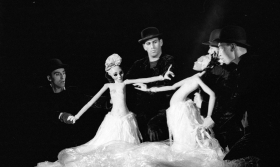
- France
In all of Philippe Genty’s works, the succession of scenes does not conform to any linear narrative, nor does it obey classical conventions of psychological development or causality. His goal is to explore the contours of our interior landscapes, plunging into the abyss to reveal our deepest fears, our wildest dreams, our hidden shames and desires, those limitless spaces where impossible impulses collide, making for striking visual experiences.
As in a dream, the images are a condensed expression of multiple meanings. Dance, human physicality and interaction with objects are all used to conjure up this liminal zone. An approach which requires the audience to abandon the comfort of passive spectatorship, and all expectations of a comedy or drama, instead actively participating in this succession of enigmas designed to elicit different responses from different individuals, chiming with their own questions or else raising troubling new ones.
Each new creation requires six months of rehearsals, but then runs for approximately three years; generally speaking this means one year in France and two years touring the world, a total of around 300 performances. Certain productions such as Dérives and Désirs Parade and their spin-offs have been performed upwards of a thousand times.
The process always begins with a period of writing and drawing. The next step is to decide upon a décor that will create the right atmosphere, offering its own possibilities and constraints. These backdrops are never realistic, and are designed to exist in a state of constant transformation, giving free rein to the imagination of the audience.
Philippe Genty has never been the sort to “enter, stage left”. His characters seem to erupt out of the stage, the “crucible of the unconscious”, evolving, metamorphosing and disappearing before our eyes. For years he wondered what made him so viscerally opposed to traditional entrance. Maybe it’s because nobody ever enters our dreams from the side of the stage!
Rejecting comfortable certainties, his commitment to constant experimentation sees the team throwing out up to half of what they write, and sometimes abandoning works at a very advanced stage. Such is the way of research in all its forms: scientific, industrial or artistic.






